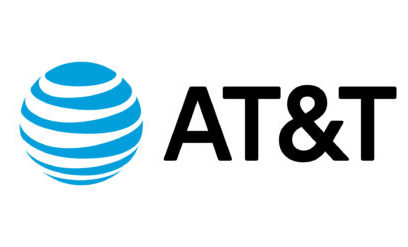Made possible by generous funding from

Robocalls
Robocalls are pre-recorded phone messages. Robocalls are illegal (with some exceptions). Computer programs generate robocalls cheaply and by the billions. There were around 49 billion robocalls made in 2019 alone. These irritating calls are the number one consumer complaint received by the FCC. Robocall scams rely on social engineering (creating a sense of fear or urgency) to work. You should never respond to a robocall by pressing a button or talking to someone.
How do robocalls work?
Many robocalls threaten a loss of government benefits, a lawsuit, or an arrest. They demand that you talk to an “agent” or return a call. The robocall is the starting point in a scam intended to steal your identity, money, or private information.
Don’t trust caller ID
Robocalls spoof the originating number. The call may appear to be coming from your area code, perhaps even look like a local cell phone number. The caller’s number is not an indication of the real caller’s location or even the country they are calling from.
In fact, if you tend to answer calls that appear to come from a certain area code, robocalls using that area code are likely to increase.
Typical robocall scams
Robocalls cover a wide range of topics, from auto-repair insurance coverage to Medicare fraud. It’s important to remember that robocalling is illegal. You don’t want to do business with anyone who breaks the law to advertise to you.
Robocalls also vary with current events. Tax-related robocalls increase around tax time. Robocalls may follow natural disasters or other current events.
Listen to some real spam recordings
Robocalls are illegal. The government doesn’t use them. Legitimate businesses don’t (or shouldn’t) use them. Listen to some typical robocalls I’ve received in the links below.
Don’t answer a robocall. If you do, just hang up.
Robocalls often ask you to “press one to be removed from this list” or something similar. Unfortunately, doing so only confirms that the number is active and that someone may answer the phone when it rings. As frustrating as it is, it is probably best to simply ignore the call.
Robocall-blocking apps
Some cellular providers are now offering apps that can help reduce robocalls. Check with your provider or look for an app on their website. There are also 3rd party apps that you can install and, for an annual fee, subscribe to their robocall-filtering service.
AT&T offers an app to reduce spam calls. Most providers offer an app that reduces robocalls. There are 3rd-party apps available as well, check the Google Play Store (Android) or App Store (Apple) and search for “robocall” or “spam blockers.”


